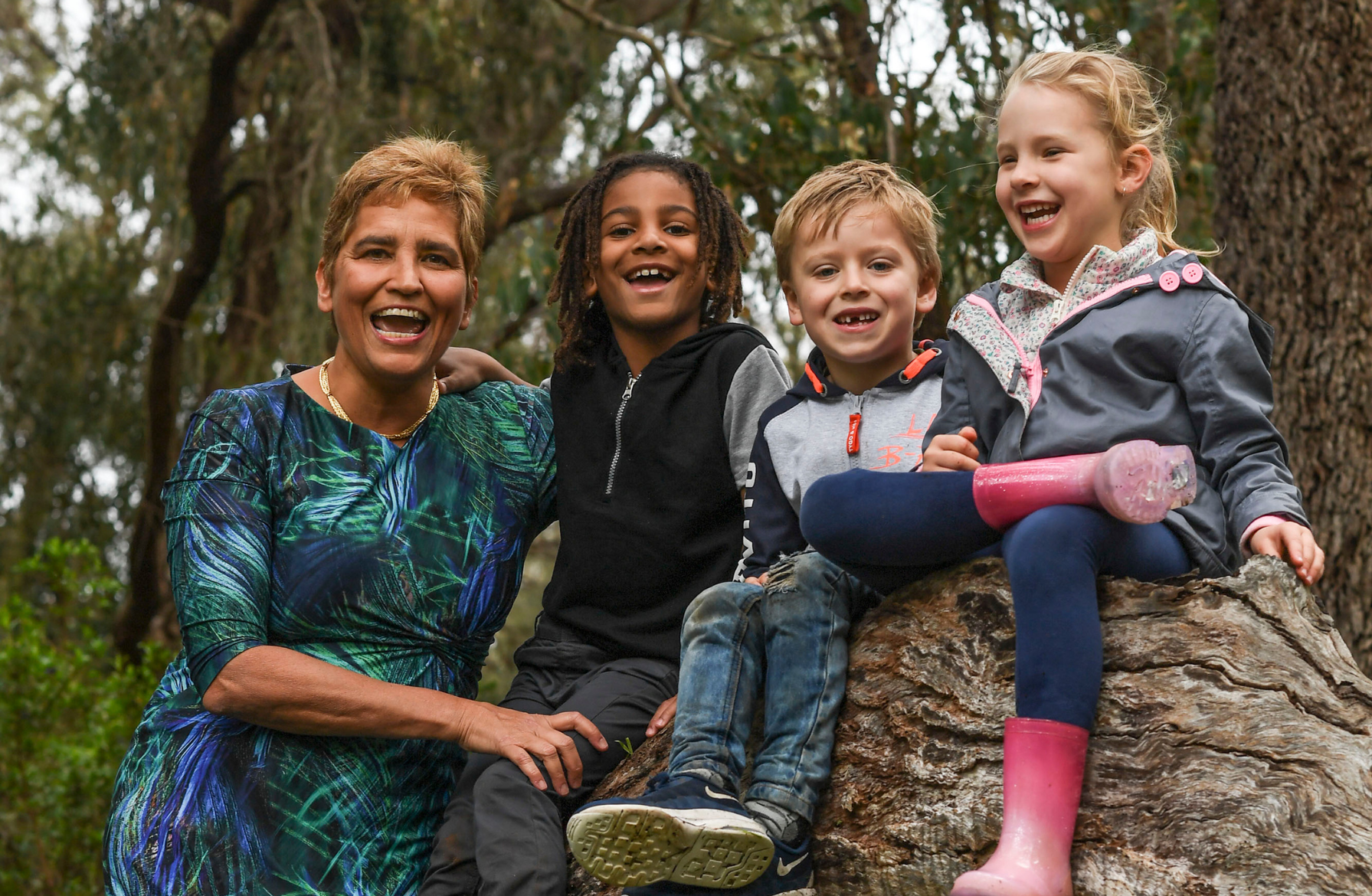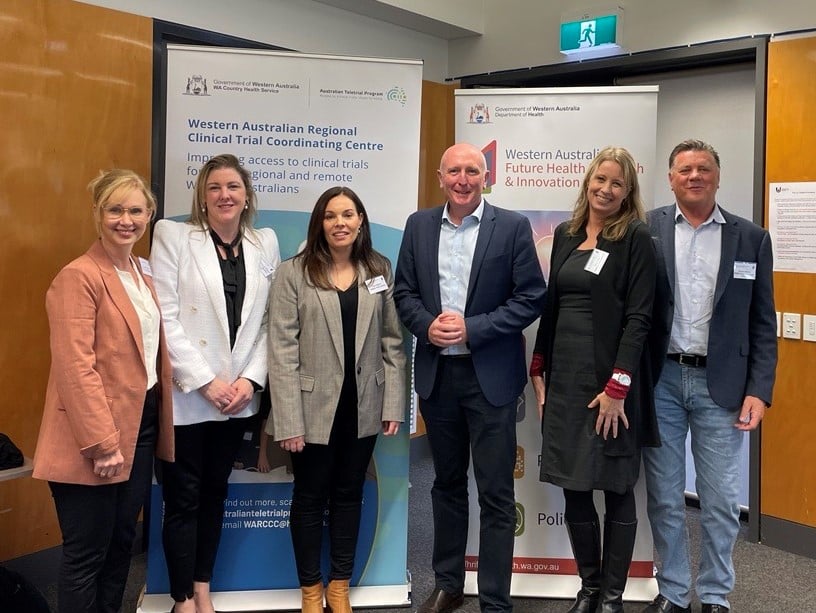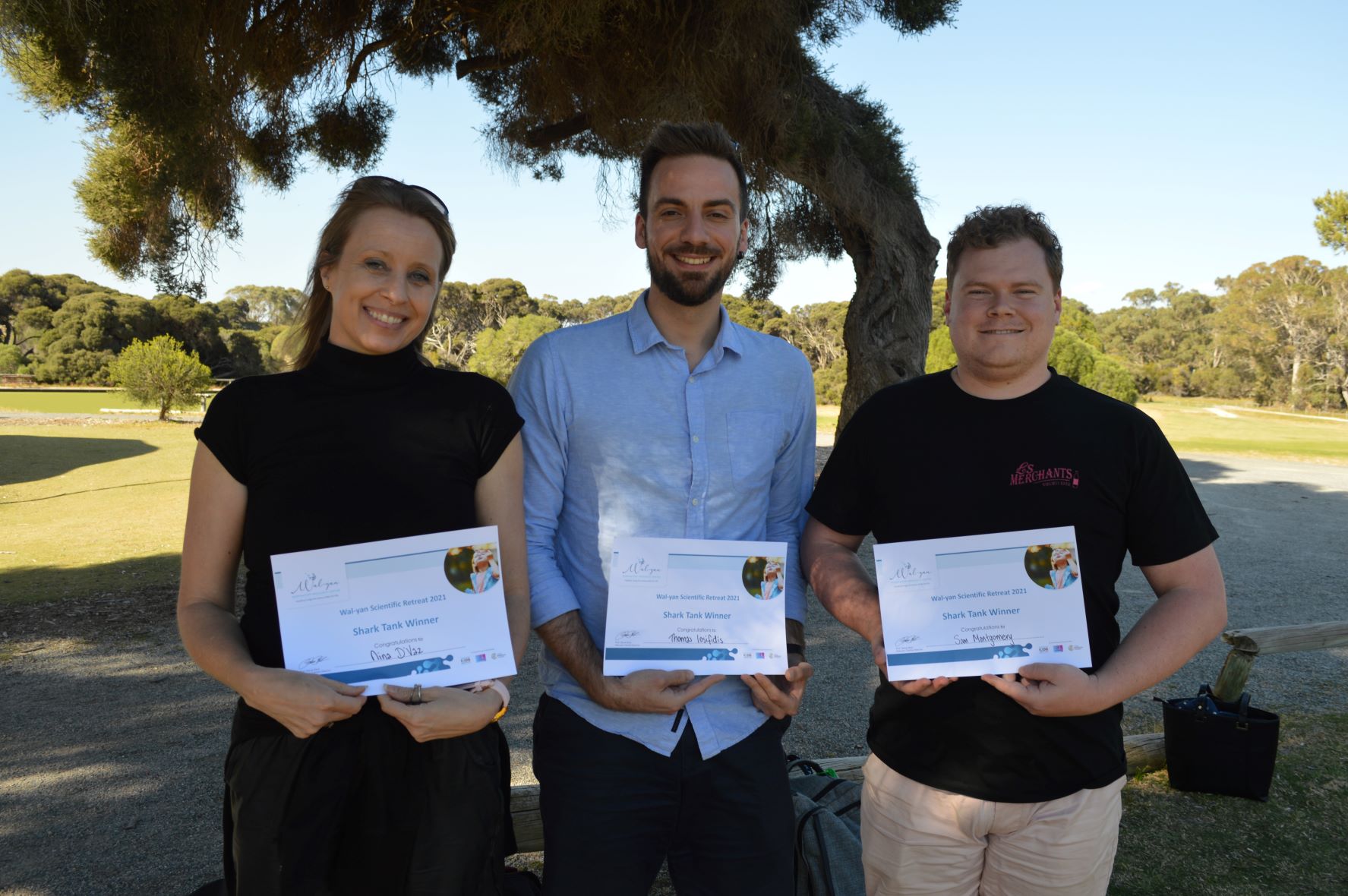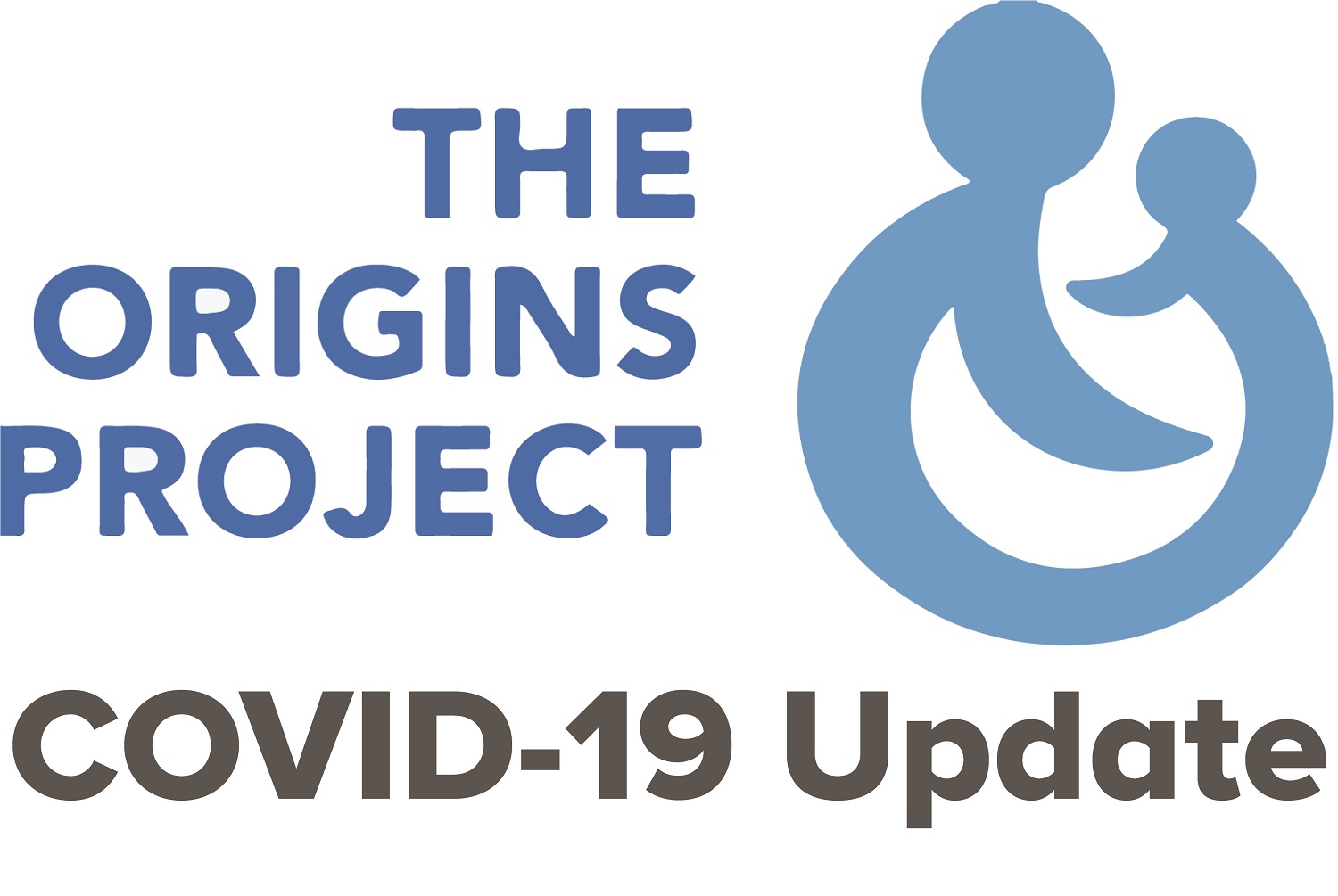Search

The ORIGINS Project has been named as a key beneficiary of the Stan Perron Charitable Foundation Research People & Platform round for 2023.

New Study ‘Plugs’ Digital Intervention for Perinatal Mental Health

The State Government has launched the new WA Cohort Studies Research Project Support Program, recognising the value and importance of the three major cohort studies in WA.

New funding from Channel 7 Telethon Trust is allowing ECU researchers to work with ORIGINS families to investigate how parents and their babies can best be supported in the first year.

ORIGINS featured on Channel 7 News recently with two family stories of how ORIGINS changed their lives.

Due to the evolving COVID-19 situation in Australia and requirements outlined by the WA Government, we need our families to be aware of how this effects ORIGINS and our participants.

Paediatrician Dr Lana Bell shares her top tips for keeping your baby or toddler cool, well-hydrated and protected as the temperature soars.

ORIGINS Biobank Manager wins a Shark Tank pitch at Scientific Retreat

ORIGINS is moving to virtual appointments and couriers to collect home samples during the June 2021 Perth lockdown.

Meet Dr Nina D’Vaz, ORIGINS Biobank Manager who recently featured in The Kids Research Institute Australia's social media celebration of International Women and Girls in Science Day.
